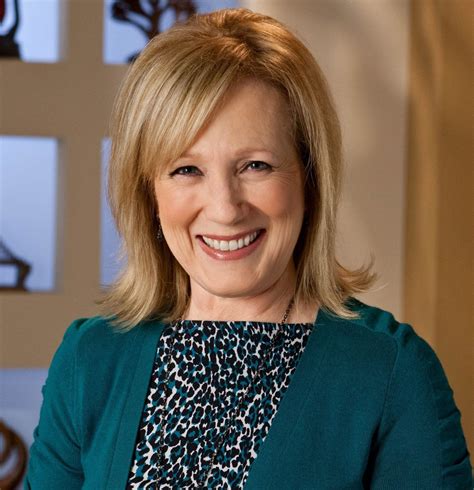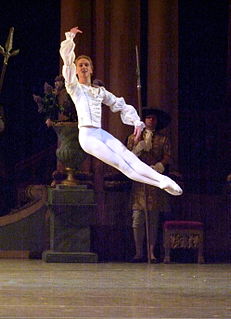A Quote by Dominic Cooper
Grief jumps out at you when you're least expecting it.
Related Quotes
With a horror movie most of the actual jumps and scares are made in the edit. It's often not very scary on set and then you watch the film and suddenly it's very scary because the way the jump scares fit together building up the suspense in the audience because it's making them jump when they're least expecting it.
And that's where I think vulnerability comes in - the fact that we're figuring out that there is strength in actually being vulnerable to one another, there is strength to letting go of grief, or at least processing grief more helpfully than we've necessary seen, particularly in these corseted upper class dramas before.
At the end of the day, you just have to focus on winning. No one can take a win away from you. That's what I focused on. Life is not fair, so I don't go out there expecting it to be. I don't think any of us should go out expecting life to be fair. I think that's expecting too much, and I remind myself of that sometimes. You can get on with your life after that.




































